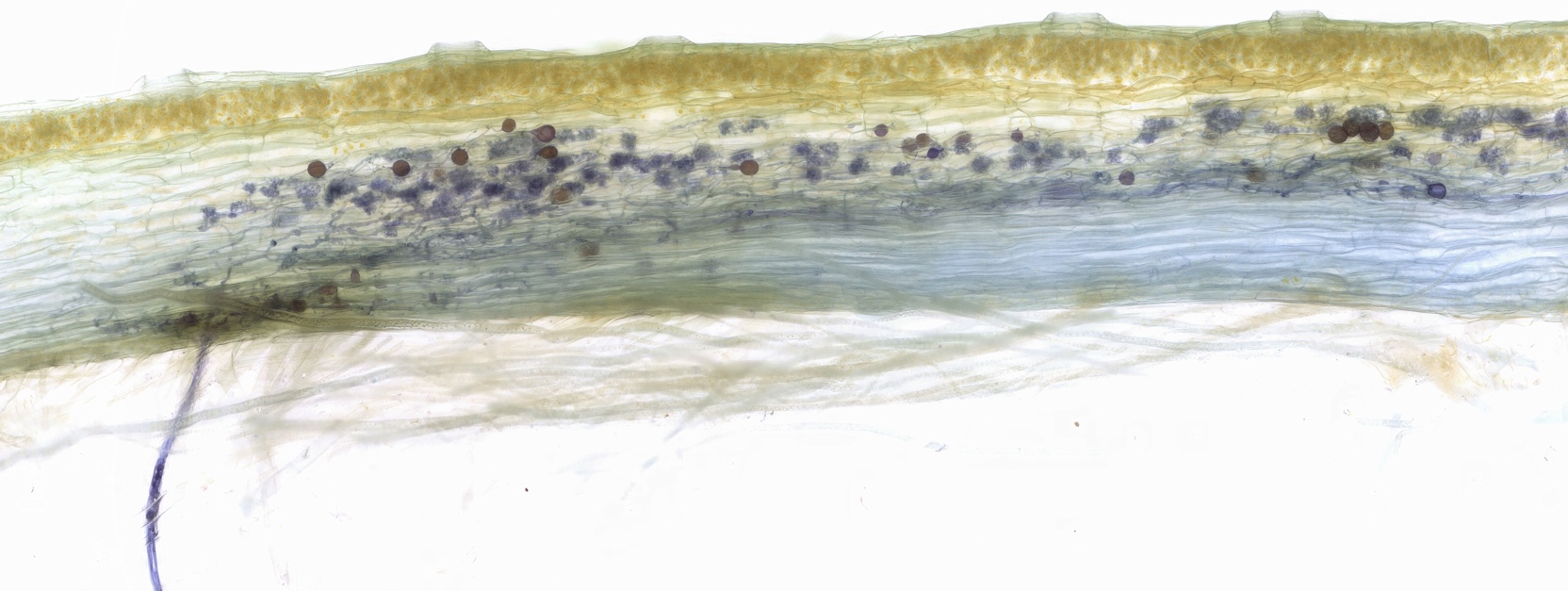
Alan Wanke
Forum Replies Created
-
Alan Wanke
MemberAugust 20, 2021 at 9:19 pm in reply to: Plant Science Communication Activities and ResourcesHi all,
looks like we are gathering a nice list of outreach activities here.
An outreach activity which our institute has started during the pandemic is the Great British Liverwort Hunt. This initiative is a citizen science project, in which we have asked people from all around the UK to collect two different liverwort species. We have provided the participants with background information on the liverworts as well as collection kits and asked them to document their “hunts” on Twitter. With the assembled liverwort collection we intend to harness genetic variablty to address plant development as well as plant-microbe questions. Throughout the time, we feed the participants – which are basically our collaborators – with online sessions to answer their questions as well short videos about the ongoing work and methods applied in this project. What I really like about this initiative is that the general public is actually involved in a real scientific project! More information on this can be found here. Although I see that this project definitely benefits from the money and infrastructure at our institute, smaller versions of citizen science projects could be also performed in more local contexts.
-
Alan Wanke
MemberAugust 20, 2021 at 9:00 pm in reply to: Are you an educator looking to connect with a plant scientist? Let us know here!Hi Mariana, thanks for offering you expertise here 🙂 Since a long time I am indeed thinking about giving “Skype-a-Scientist” a go. I really love the idea of reaching out to pupils to get them enthusiastic about plants, but also to “demystify” as well as confirm some of the sterotypes towards scientists. Since it sounds like you already had a couple of session, I would be happy to hear about your experience in regards to the preparation as well as the sessions as such. In particular, here a couple of thoughts from my side:
- How did your Skype-a-Scientist sessions look like? Do teachers approach you already with certain concepts, or did you develop them by yourself?
- How much time did you invest in preparation? Did you get any support (by e.g. skype-a-scientist, teachers etc)?
- How long were those sessions and how did they look like in your case?
- Would like to share a personal highlight? I could imagine you run into many unexpected situations during those sessions 🙂
Looking forward to your feedback & many thanks in advance!
-
This reply was modified 3 years, 6 months ago by
 Alan Wanke.
Alan Wanke.
-
This reply was modified 3 years, 6 months ago by
 Alan Wanke.
Alan Wanke.
-
Alan Wanke
MemberAugust 18, 2021 at 11:21 pm in reply to: Welcome! Let us know a little bit about you and your interest in plant sciences.Hi everybody! I am Alan and I am currently working as a research assistant at the Sainsbury Laboratory in Cambridge (UK).
While I was born in the western part of Poland, life brought me to Germany, where I have studied Biological Sciences at the University of Münster. During my studies, I developed a fascination for theoretical biology & plant biochemistry. I did my PhD thesis on innate sensing of fungal cell wall carbohydrates at the International Max Planck Research School (MPIPZ) in Cologne. At the moment, I am working on the establishment of plant-microbial interactions and the evolution of symbiotic interactions with filamentous microbes in the lab of Sebastian Schornack at the SLCU.
Having worked in different types of “organisations” over time, I have a personal interest in changing working culture and experimenting with working methods (e.g. agile approaches) in academic contexts.
Beside my life as a scientist, I enjoy cycling (the best way of traveling!), dancing Lindy Hop and Solo Jazz, having friends over for dinner and working as a volunteer for Viva con Agua, a german NGO raising awareness for global water, sanitation and hygiene deficits.
Feel free to reach out to me here or via Twitter (alan_wanke).
-
This reply was modified 3 years, 6 months ago by
 Alan Wanke.
Alan Wanke.
-
This reply was modified 3 years, 6 months ago by
-
Alan Wanke
MemberSeptember 9, 2021 at 10:36 am in reply to: Are you an educator looking to connect with a plant scientist? Let us know here!Thanks Mariana for your comprehensive feedback, I’ll definitely give it a go sometime soon! 🙂
